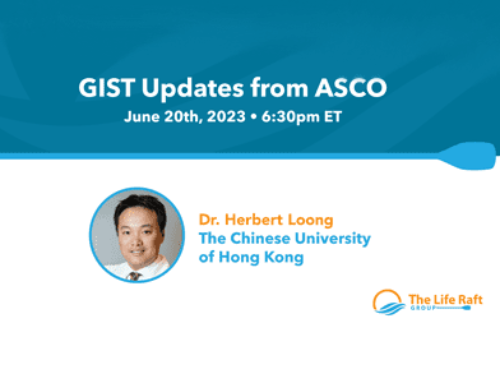In Santiago, Chile, on April 22, 2015, The Chilean Health Ministry (MINSAL) organized a seminar to discuss regional policies for cancer prevention and control. Representatives of WHO, OPS, RINC, and UNASUR, were invited along with Piga Fernández, who represented Fundación GIST Chile and the Alliance of Chilean Patient Organizations, to participate in a round table discussion entitled “Visions of a South American Plan for the Prevention and Control of Cancer.”
Health authorities and key opinion leaders participated in the seminar: Dra. Carmen Castillo, Chilean Heath Minister; Dra. Carissa Etienne, Director of the Pan American Health Organization; Dr. Luiz Antonio Santini, UNASUR; Dr. Christopher Wild, Director, International Agency for Research on Cancer; Dra. Tatiana Vidaurre, Instituto de Enfermedades Neoplásicas, Perú; Dra Carolina Weisner, Directora, Instituto Nacional de Cáncerologia, Colombia; Dra. Lorena Báez, Jefa, Departamento de Cáncer, Ministerio de Salud de Chile; Dr. Mary Gospodrowicz, Past- President, UICC; Dr. Andreas Ullrich, Medical Official for Cancer Control , OMS; Dr. Richard Sullivan, Director of the Institute of Cancer Policy, King´s College, London.
Patient Participation
Piga participated in the round table together with Dr. Ullrich and Dr. Sullivan and her intervention was related to the importance of the participation of patients and patient organizations in the development of plans to prevent and control cancer. “We, the patients should be involved in the design of these plans; we are directly affected, therefore we have something to say and we should be heard,” she stated.
“Our contribution, can be very valuable, I can give facts to support this: we have the capacity of educating not only the patients but also the medical community. An example of this is the work done by Alianza GIST with the GIST patient´s manual and the GIST course designed by the Monterrey TEC that they distribute in all Latin America to teach future medical professionals. These are valuable education tools that contribute to the control and prevention of GIST, and that can be replicated for other types of cancer. On the other hand, we are also able to contribute to cancer control and prevention by contributing to investigational programs such as the LRG Patient Registry and Tissue Bank Program, by which we can contribute to promoting accurate and on-time diagnosis and correct treatments for our patients.
In contrast with all of you who have spoken before me, I have no titles … no MD, PHD or anything similar. My knowledge comes from working as advocate for GIST patients and from my personal experience, being misdiagnosed for seven years and being able to achieve 12 years of good quality life after having access to the treatment I needed to live. These are the real needs for which we have to design plans: we need access to correct diagnosis, we need access to correct treatment, and most importantly, we need access to quality of life.”



